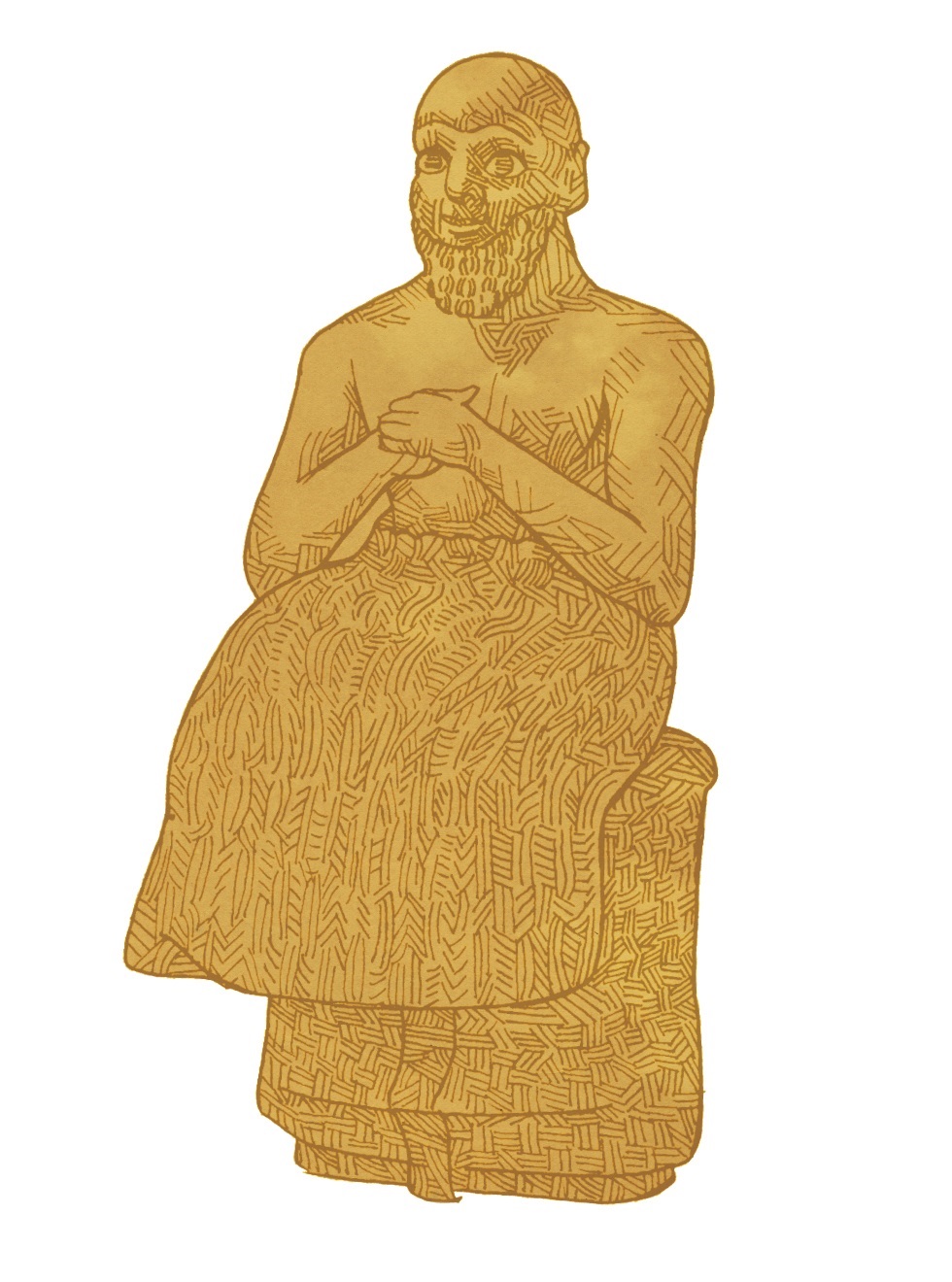Hebrew Linguistics and Biblical Criticism: A Minimalist Programme
DOI:
https://doi.org/10.5508/jhs.2001.v3.a6Abstract
This paper introduces a programme in historical linguistics with important implications for biblical criticism. Traditionally, grammatical variation in the Bible has been interpreted in light of nineteenth-century historical-literary criticism. In this light, such variation appears erratic and random. To date we have developed a somewhat vague distinction between “early” and “late Biblical Hebrew” (EBH vs LBH). The programme outlined here proposes to let the Hebrew language speak for itself, to let natural diachronic processes explain the distributions independent of the literary paradigm. The results should suggest a new alignment of texts and sources. The paper has two parts. The first, polemical part situates the programme within recent, indeed controversial, departures in biblical studies. The second part works through a problem that has hitherto resisted explanation to showcase the methodology and to indicate the anticipated results. As a first approximation a fivefold stratification is proposed, considerably refining the traditional taxon “early Biblical Hebrew” (EBH). The most interesting conclusion is the priority of Deuteronomy within the five books of Moses. Another result is the sorting of composite books like Psalms by linguistic criteria. The programme is expected to yield a three-volume study: morphology, syntax, lexicon (in that order).Downloads
Published
2001-12-31
How to Cite
De Caën, V. (2001). Hebrew Linguistics and Biblical Criticism: A Minimalist Programme. The Journal of Hebrew Scriptures, 3. https://doi.org/10.5508/jhs.2001.v3.a6
Issue
Section
Articles

 Statue of Ebih-Il, drawing by Simeon Goa, © Journal of Hebrew Scriptures
Statue of Ebih-Il, drawing by Simeon Goa, © Journal of Hebrew Scriptures
